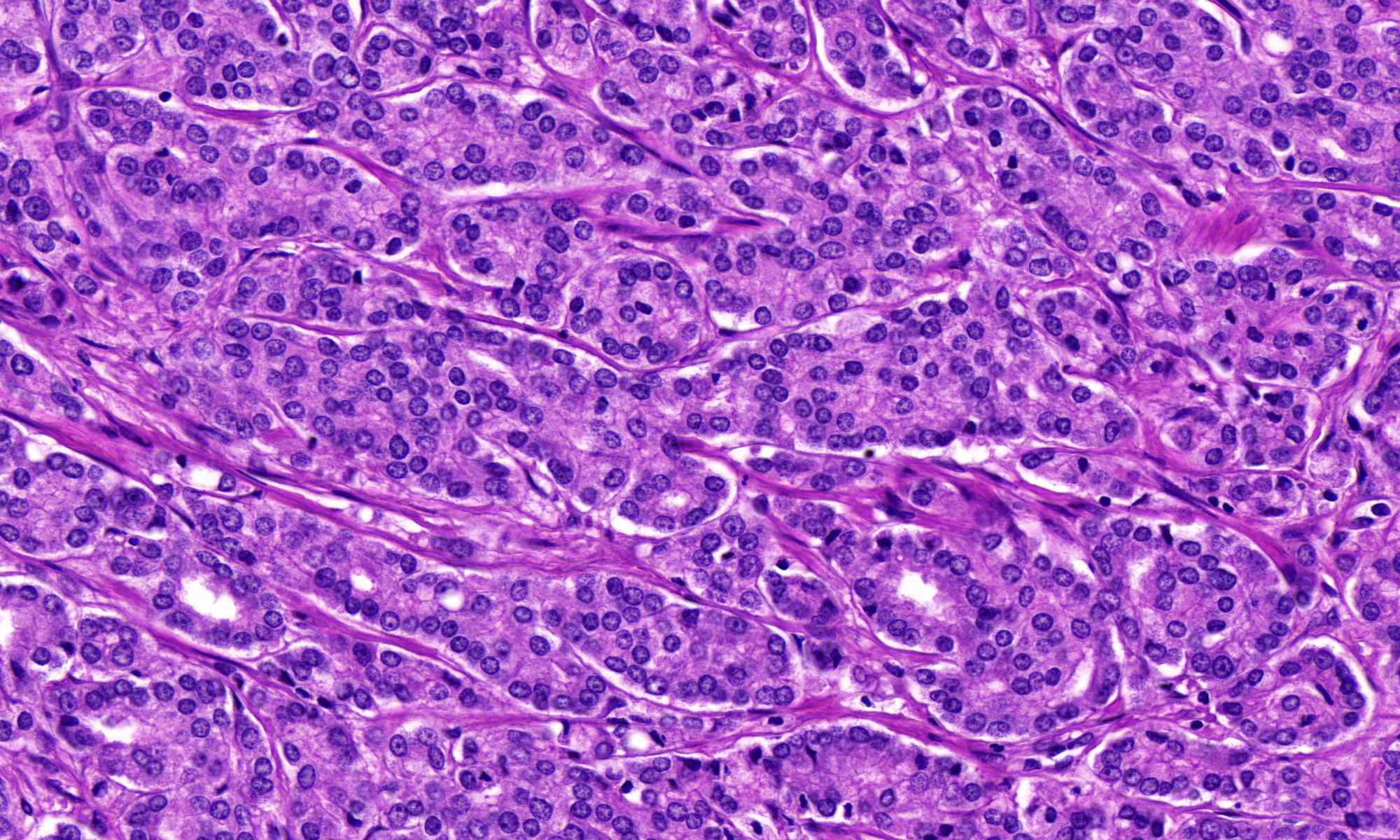The PROSurvival project aims to predict the survival of prostate cancer patients based solely on hematoxylin-eosin staining (H&E) patterns, without the need for genomic analyses or an explicit determination of the Gleason grade. Gleason grade, a surrogate marker for outcome prediction, is currently the most important prognostic factor for prostate cancer and critical for treatment decisions but is known to be highly subjective. This is reflected in a high variability of grades reported by pathologists and leads to under- and overdiagnosis of prostate cancer (PCa).
Previous research has shown that training AI models that generalize to unseen data require data from multiple sites. However, outcome data often cannot be shared due to privacy restrictions. To overcome this obstacle in data access, we will develop federated AI models that leverage patient history and on-site clinicopathologic metadata in combination with publicly available whole-slide imaging (WSI) data. PROSurvival will establish a privacy-preserving federated learning infrastructure that learns a global model from local data to leverage the trove of clinical routine data without compromising patients’ privacy. We condense the image data to clinically relevant predictive pattern information, which reduces the complexity of the dataset and facilitates analysis with off-the-shelf hardware.
The long-term aim is to generate a comprehensive, multi-site, digital WSI dataset of PCa specimens through state-of-the-art data access techniques and a computational environment to support the collaborative development of AI for precision medicine.


